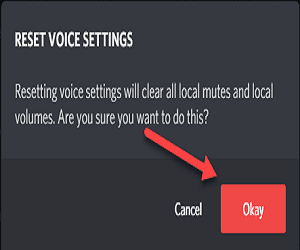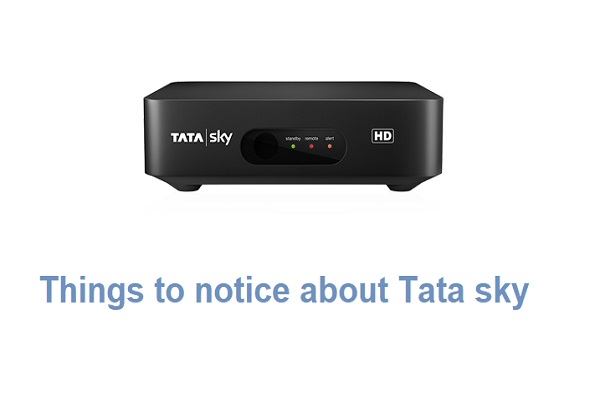When it comes to SSL certificates, knowing you need to get one is just the first step. After that, you need to pick one. And with so many different types available, how do you know which one is most suited to your site? Not to worry — this article’s got you covered. Whether you get a Cheap SSL or a more expensive one, this advice will hold no matter your chosen price point. Read on to learn about the various SSL types and what kind of websites they’re most suited to.
Before we begin, it’s important to note that there are two key criteria to consider when picking an SSL certificate: the number of domains and subdomains you have and the type of site you have. This will factor into the type you ultimately choose and is how SSL certificate types are categorized. Let’s delve a little deeper.
Contents
SSL types by number of domains
- Single domain SSL: This secures a single website.
- Multi-domain SSL: If you have several websites, this is the one for you.
- Wildcard SSL: This secures a main domain and unlimited subdomains linked to it.
SSL validation levels
SSL validation refers to how extensively the issuing Certificate Authority (CA) will check you or your business’s background before issuing your SSL certificate. The level of assurance you choose is mainly dependent on the type of website you have. A good rule of thumb is the more information you request from a user, the higher your validation level should be. Here are three availble levels:
- Domain validation (DV): The lowest level, the CA will simply check that you have access to the website’s admin email. Ideal for simple sites like blogs and portfolios.
- Organization validation (OV): A little more extensive than DV, the CA will research your business and may call the business premises. Recommended for e-commerce stores and other sites that request personal data from users.
- Extended validation (EV): The most extensive validation level, the CA will cross-reference government records to verify your business’s existence.
Also read: Load Balancing over HTTP – Web Server
Conclusion
SSL certificates may seem confusing at first, but once you establish your website type, number of domains, and the level of validation you require, you’ll find that the SSL types make a lot more sense to you, making it easier to select the most appropriate one.




